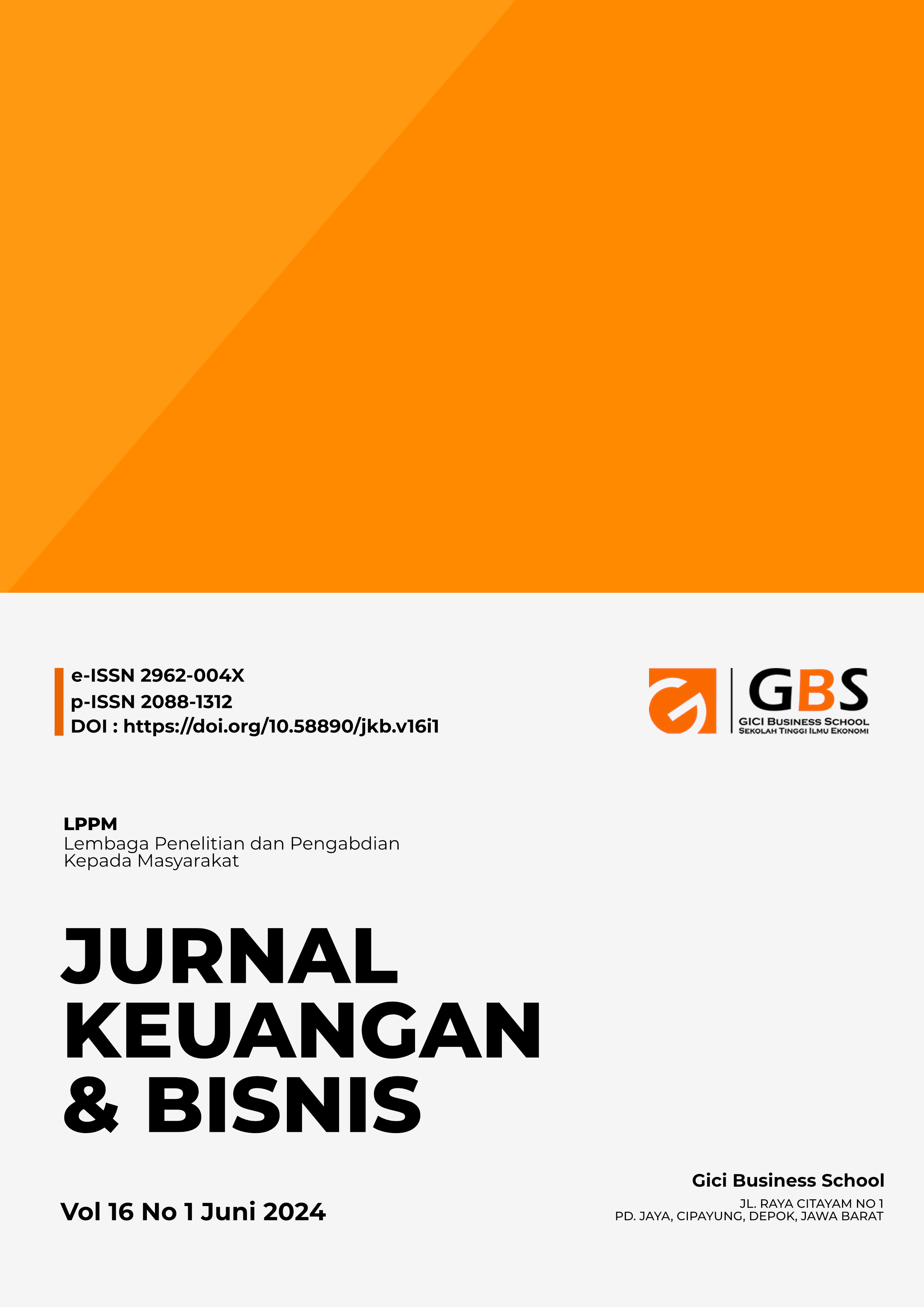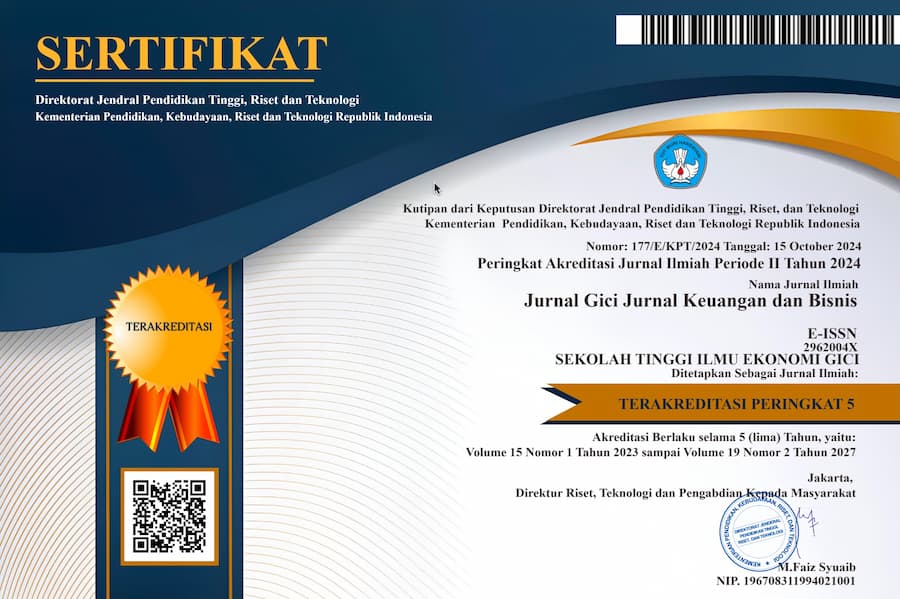PERAN PENTING TUJUAN PENGAUDITAN DAN ASERSI MANAJEMEN DIPERUSAHAAN
DOI:
https://doi.org/10.58890/jkb.v16i1.259Keywords:
Auditing Objectives, Management Assertions.Abstract
Purpose of Conducting an Audit A business or company conducting an audit is basically a re-examination activity. In a business or company has a goal that the audit can provide assistance to the business or company so that it can further develop. The purpose of writing this article is in general to find out and discuss the objectives of auditing financial statements, the Auditor's responsibility to find material misstatements, and management assertions. The method of writing this article is a descriptive method with a qualitative approach, with data sources through documentation which includes books, research journals and the web. The results of writing this article are that the purpose of auditing is to increase confidence for users of financial statements, provide an opinion that the financial statements have been presented fairly, the auditor's responsibility to find material misstatements that independent auditors are responsible for expressing an opinion regarding fairness in all material respects, financial position and cash flow in accordance with applicable financial accounting standards and management assertions are management statements about transactions or events, account balances and presentation and disclosures related to financial statements.
Downloads
References
Ardeno Kurniawan. (2015). Audit Internal: Nilai Tambah Bagi Organisasi,Yogyakarta: BPFE
Audit Internal. (2004). Standar Profesi Audit Internal. Jakarta
Asmara, E. N., Supardi, S., & Ashari, S. (2016). Peran organisasional terhadap pengembangan bahan ajar pengauditan berbasis isa: perspektif dosen pengauditan. SAR (Soedirman Accounting Review): Journal of Accounting and Business, 1(2), 1-20.
Christiawan, Y. J. (2019). Konsep Pengauditan Dalam Lingkungan Pengelohan Data Akuntansi Terkomputerisasi. Jurnal Akuntansi dan Keuangan, 2(1), 9-20. https://doi.org/10.9744/jak.2.1.pp.%209-20
Erfiansyah, E., & Kurnia, I. (2018). Peranan Auditor Internal Terhadap Kualitas Pelaporan Keuangan. Jurnal Ilmiah Manajemen, Ekonomi, & Akuntansi (MEA), 2(2), 144-160. DOI: https://doi.org/10.31955/mea.v2i2.21
Fadillah, S. D. A., Zulaikha, T. S. A., & Ilhami, T. Y. (2021, April). Peran dan Manfaat Implementasi Information Technology (IT) dalam Audit Internal. In Prosiding National Seminar on Accounting, Finance, and Economics (NSAFE) (Vol. 1, No. 1).
Hery, (2021). Auditing Dan Asuransi. Jakarta: PT Grasindo.
Koroy, T. R. (2018). Pendeteksian kecurangan (fraud) laporan keuangan oleh auditor eksternal. Jurnal Akuntansi dan keuangan, 10 (1), 22-23. DOI: https://doi.org/10.9744/jak.10.1.PP.%2022-23
Suhayati. (2016). Auditing: konsep Dasar dan Pedoman Pemeriksaan Akuntansi Publik,Yogyakarta: Graha Ilmu.
Sugiyono. (2018). Metode Penelitian Kuantitatif dan Kualitatif R&D,Bandung: Alfabeta














